What Shouldn’t You Flush Down The Toilet?
When it comes to what you can flush down the toilet, remember the 4 Ps — pee, poop, puke and paper. It seems simple enough, but every year sewage systems and septic tanks face serious problems as a result of people flushing the wrong items down their toilet. In this article, we’ll be detailing what you shouldn’t flush down the toilet and what could happen as a result.
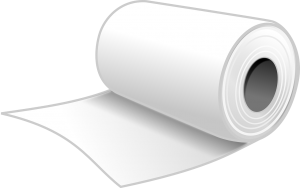
What items shouldn’t you flush down the toilet?
Just because an item disappears from your toilet bowl when you press the flusher doesn’t mean that it is okay to flush. Some items may physically flush down your toilet but become much more of a problem later down the line. The most common items include:
- Wet wipes — these include baby wipes, makeup wipes and cleaning wipes.
- Sanitary items
- Cigarette butts
- Dental floss
- Oil
- Tissues — paper towels that are used to dry hands are included here.

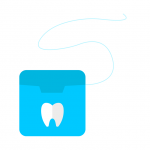
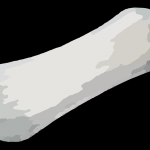
Why shouldn’t you flush these items down the toilet?
The main problem is that most of these products aren’t biodegradable, and even the products that do claim to be biodegradable can take months to break down.
When a non-biodegradable product reaches the sewage system or septic tank, it can sit for a prolonged period of time. When many non-biodegradable items sit for a long time in a sewage system or septic tank, it can cause a build up.
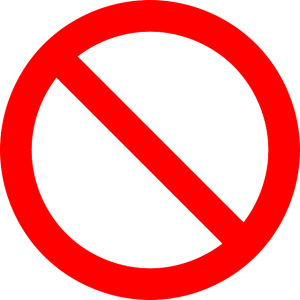
How does this affect sewage systems?
A fatberg is a congealed mass in a sewer system, formed by the combination of non-biodegradable matter and congealed grease or cooking fat. This colossal mass can cause significant blockages in the sewage system and are extremely laborious to remove. It is estimated that it costs the UK £100mil per year to deal with fatbergs.
How does this affect septic tanks?
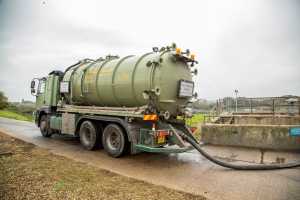
A septic tank is intended to provide suitable conditions for the decomposition of organic matter. A buildup of solid material at the bottom of the tank can reduce liquid capacity, leading to an overflow. All of the nasty stuff in your septic tank may leak out and begin to pool above ground in your garden.
In addition to the tank itself, the pipes may also become clogged, leading to a backup of sewage into your home. This can severely damage your house, creating a mess that costs thousands to clean up and a smell that lingers far after. You may notice that your toilet is taking longer to flush or your shower is taking longer to drain away; both of these are signs of a blocked pipe and should be seen to promptly.
Here at Cammack & Wilcox, we offer a wide range of liquid waste treatment services, including septic tank emptying, sewage treatment services and even a 24/7 emergency call-out service. Our experts are always happy to offer professional advice on how to care for your septic tank system, and we’ll address any issues the very same day. We also empty cesspools, cesspits, oil interceptors and gully traps. To enquire about any of the extensive services we offer, contact us or give our friendly team a call today.

